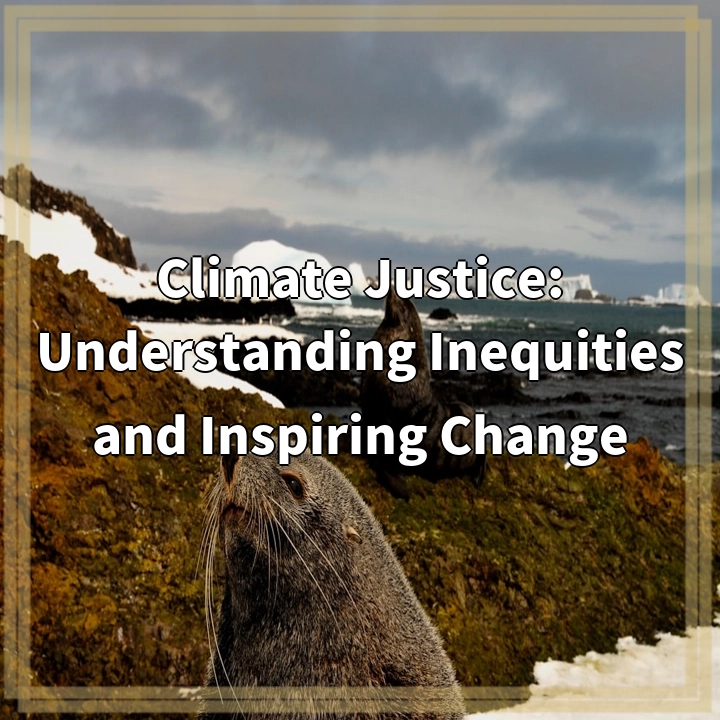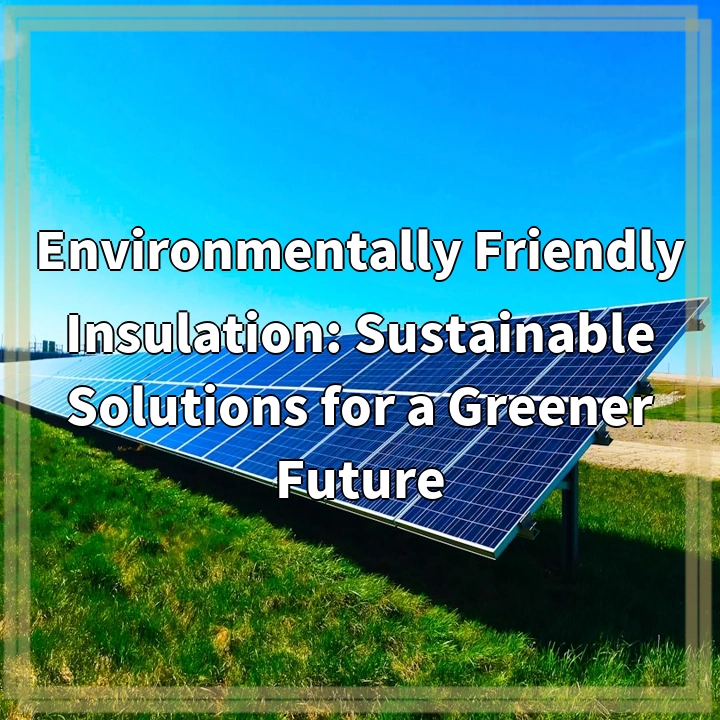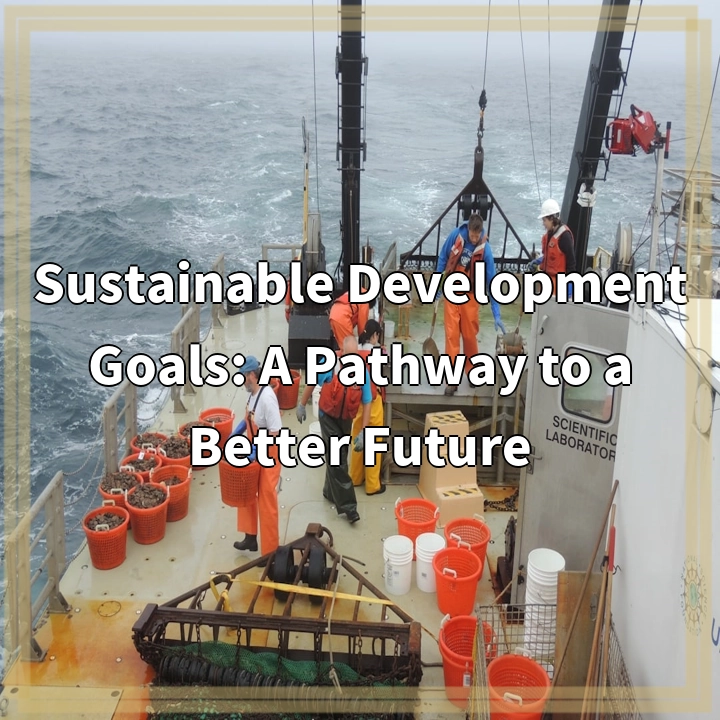
What it is:
Climate justice is a social movement that seeks to address the disproportionate impacts of climate change on marginalized communities across the globe. It emphasizes the interconnectedness of environmental issues with social, economic, and racial injustice, advocating for equitable treatment and a fair distribution of resources as we face the climate crisis. Climate justice recognizes that those who contribute the least to greenhouse gas emissions are often the most affected by climate-related disasters, such as extreme weather events, food insecurity, and displacement. This movement calls for inclusive solutions that honor the rights and voices of all communities, particularly those historically marginalized.
Real-world problems:
1.
Displacement and Migration
As climate change leads to rising sea levels, increased flooding, and severe droughts, many communities are forced to abandon their homes. Climate refugees, often coming from low-income nations, face numerous challenges, including a lack of legal protection, limited resources, and discrimination in host countries.
2.
Health Inequalities
Climate change exacerbates health issues, particularly in vulnerable communities. Increased air pollution, heatwaves, and vector-borne diseases disproportionately affect low-income populations, who often lack access to adequate healthcare services. This leads to heightened health risks, particularly among children, the elderly, and those with preexisting conditions.
3.
Food Insecurity
Changes in climate patterns affect agricultural productivity, resulting in food shortages and increased prices. Many smallholder farmers, reliant on predictable weather patterns, face economic challenges and loss of livelihoods, leading to greater food insecurity for communities already struggling to meet their basic needs.
4.
Resource Exploitation and Environmental Degradation
Historically marginalized communities are often situated in or near environmentally sensitive areas, making them vulnerable to exploitation. Extraction industries, such as mining and oil drilling, frequently disregard Indigenous rights, leading to environmental degradation that further harms local ecosystems and communities.
5.
Injustice in Policy and Decision-Making
Climate policies often overlook the needs and voices of marginalized groups. Many decisions are made without including community input, leading to solutions that do not address their unique challenges. This lack of representation perpetuates injustices and prevents effective climate action.
Addressing climate justice is not only about environmental protection; it’s also essential for fostering social equity and resilience in the face of climate change. By recognizing and tackling these real-world problems, we can build a more inclusive movement that empowers all communities to advocate for sustainable solutions. It is vital to engage in a collective effort to ensure that those most affected by climate change are heard, supported, and included in the fight for a sustainable future.

Solutions to Climate Justice Issues
Addressing the pressing challenges of climate justice requires a multi-faceted approach that focuses on equitable policies, community engagement, and sustainable practices. Here are several key solutions to promote climate justice and foster resilience among affected communities.
1. Inclusion in Decision-Making
Ensuring that marginalized communities have a voice in climate-related policy and decision-making is crucial. Engaging local residents in conversations about resource management and climate adaptation strategies empowers communities and promotes solutions that are tailored to their specific needs and challenges.
2. Legal Protection for Climate Refugees
Developing legal frameworks to protect the rights of climate refugees is essential. This includes establishing pathways for migration, providing equitable access to resources in host countries, and ensuring that displaced communities receive support in rebuilding their lives.
3. Investing in Sustainable Agriculture
Promoting sustainable agricultural practices that enhance resilience against climate change can significantly reduce food insecurity. Supporting smallholder farmers with access to resources, technology, and education helps improve productivity while protecting the environment.
4. Addressing Health Disparities
Implementing policies that target health inequalities exacerbated by climate change is vital. This includes increasing access to healthcare, promoting public health campaigns on climate-related health risks, and investing in research to better understand the health impacts of climate change on vulnerable populations.
5. Environmental Justice Movements
Supporting grassroots organizations and movements that advocate for environmental justice plays a key role in amplifying marginalized voices. Collaborations between communities, activists, and policymakers can create powerful alliances to promote systemic change and accountability.
6. Sustainable Resource Management
Implementing sustainable practices in resource extraction industries, such as stricter regulations and corporate social responsibility initiatives, can help mitigate environmental degradation and protect the rights of Indigenous communities affected by these industries.
7. Education and Awareness
Raising awareness about climate justice issues through education is essential for creating informed communities. Workshops, community forums, and educational campaigns can foster understanding and encourage individuals to take collective action for social and environmental justice.
8. Commitment to Global Climate Agreements
Countries must commit to international agreements that prioritize climate justice, ensuring that actions taken to combat climate change also address inequities. This includes financial support for developing nations to implement sustainable practices and adapt to climate impacts.
Tackling climate justice requires a holistic approach that recognizes the intersectionality of environmental, social, and economic issues. By implementing these solutions, we can promote equity, resilience, and sustainable development for all communities affected by climate change.















